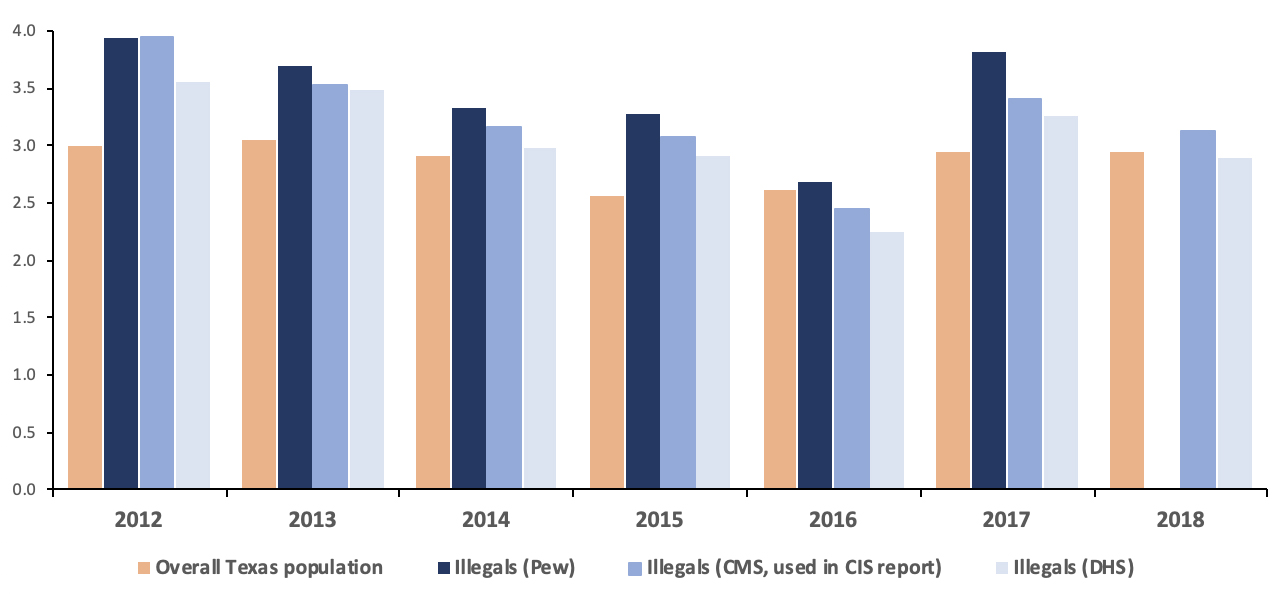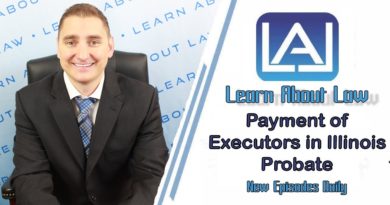What Is a QDOT and Why Would You Use One?
There is a targeted estate planning approach that can be utilized to address any situation. This is one of the reasons why you should work with an attorney when you are planning your estate.
With this in mind, we will look at the legal device called a qualified domestic trust (QDOT) in this post.
Federal Estate Tax
To understand the value of a qualified domestic trust, you have to absorb some information about the federal estate tax. This levy can take a heavy toll on your legacy, because it carries a robust 40 percent maximum rate.
The good news is that most people do not have to pay the tax. You can transfer a certain amount tax-free before the tax is imposed on the remainder. This dollar figure is called the credit or exclusion, and in 2022, it is $12.06 million.
In 2026, this high exclusion rate will expire. If there are no changes implemented in the meantime, the exclusion will go down to $5.49 million.
In addition to the federal estate tax, there is also a gift tax. This tax is in place to stop people from giving gifts to avoid the tax. The $12.06 million exclusion is a unified exclusion. It applies to large lifetime gifts and the estate that will be transferred after you are gone.
With this in mind, you may want to do some lifetime gift giving before the reduction is implemented. In addition, a new tax act could potentially be enacted before then that could reduce the estate tax exclusion.
Marital Deduction
If you are an American citizen married to another American citizen, you are entitled to use the federal estate tax marital deduction. There is no taxation on transfers between spouses, regardless of the value of the resources that are being transferred.
Qualified Domestic Trust
Now that we have provided the necessary background information, we can focus on the specific point of this post. A qualified domestic trust can be used to gain estate tax efficiency if you are married to someone that is a citizen of another country.
You would fund the trust and name a trustee to act as the administrator. This can be a nonprofessional that you know personally, or you could alternately use a qualified fiduciary like a trust company or the trust department of a bank.
Assuming you predecease your spouse, the executor would file an estate tax return and make the QDOT election. The trustee would distribute the trust’s earnings to your surviving spouse, and the estate tax would not be applicable. However, the distributions themselves would be subject to regular income taxes.
If you allow for it in the trust declaration, the trustee would be able to distribute portions of the principal. These distributions are subject to the federal estate tax, with one exception.
It is possible to petition the IRS to grant a hardship exemption if money is urgently needed for an important reason. If the exemption is granted, the estate tax would not be levied on the approved distributions of portions of the principal.
After the death of your surviving spouse, the successor beneficiaries that you name in the trust declaration would inherit the resources. The estate tax would be levied at that time if the value of the estate exceeds the exclusion amount.
Attend a Complimentary Education Program!
You are here looking for information about estate planning, and since you are on this path, we cordially invite you to attend one of our upcoming learning events.
These sessions cover the most important estate planning and elder care topics. They are offered free of charge, so this is a great way to invest a little bit of spare time.
The dates are posted on our events page, and when you identify the session you would like to attend, follow the simple instructions to register.
Need Help Now?
If you have learned enough to know that it is time for you to work with an Oklahoma City estate planning attorney to put a plan in place, we are here to help. You can send us a message to request a consultation appointment, and we can be reached by phone at 405-843-6100.
After helping his own family deal with a lengthy probate and the IRS following his father’s untimely death in a farm accident, Larry Parman made a decision to help families create effective estate plans designed to reduce taxes, minimize legal interference with the transfer of assets to one’s heirs, and protect his clients’ assets from predators and creditors.
Latest posts by Larry Parman, Attorney at Law (see all)
Story originally seen here






